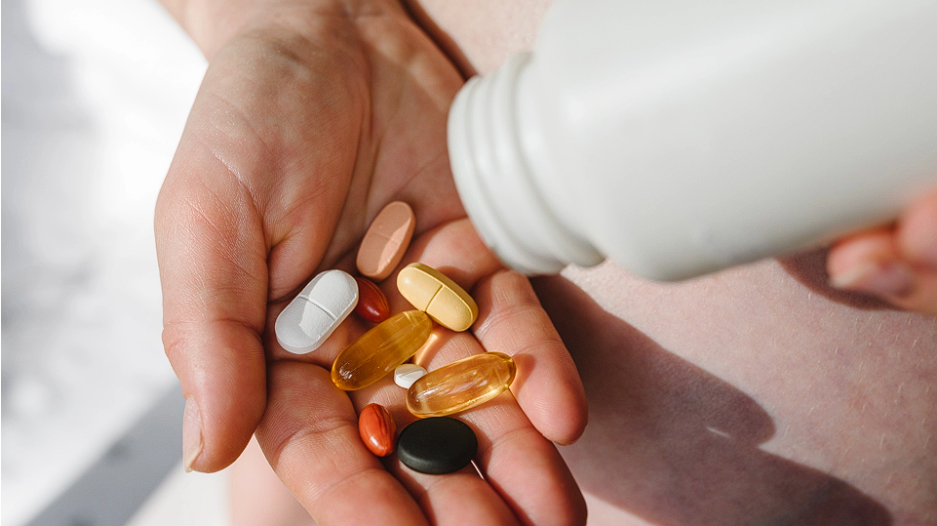Timing matters.
Others are reading now
Vitamin D, essential for bone health and immune function, is a nutrient many people lack, according to the National Institutes of Health. While some get it through sun exposure, food, or supplements, the question of when to take it for optimal absorption is crucial.
According to GoodHouseKeeping JoAnn Manson, M.D., a Professor of Medicine at Harvard Medical School, advises that vitamin D supplements be taken with meals.
This is because vitamin D is fat-soluble, meaning it dissolves in fat rather than water, and is better absorbed when taken with a little healthy fat in your diet.
Also read
The recommended daily intake for most adults is 600-800 IUs, but this can vary based on individual needs. For instance, breastfeeding mothers, older adults, people with dark skin, and those with certain medical conditions may require more.
It’s also important to avoid megadosing. The upper limit for daily intake is 4000 IUs for those over 9 years old, unless a higher dose is medically advised. Excessive intake can lead to serious health issues, including kidney failure and irregular heartbeat.
When choosing a supplement, both vitamin D2 and D3 are effective, but D3 is noted for better bioavailability. It’s recommended to select supplements that have been third-party tested for purity and potency, as dietary supplements are not FDA-approved before market release.
In summary, for effective vitamin D supplementation, take it with meals containing healthy fats, adhere to recommended dosages, and choose quality, third-party tested supplements.


